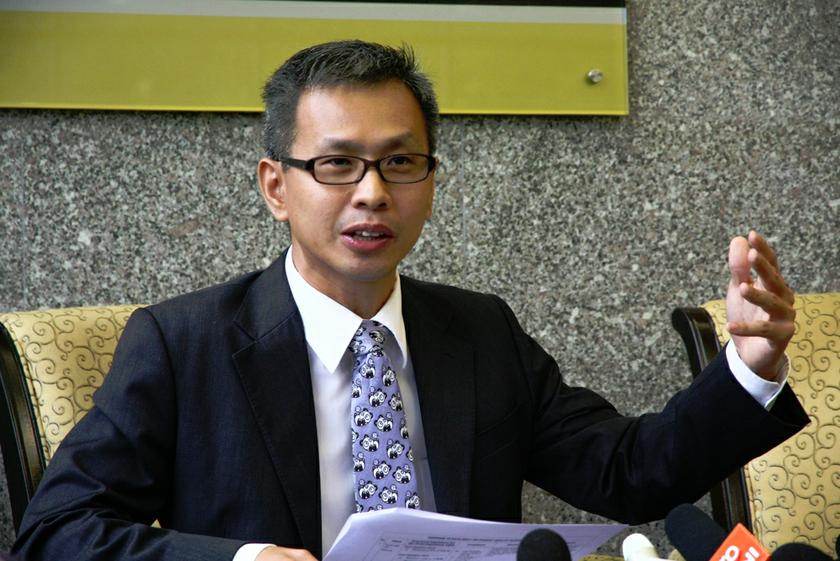KUALA LUMPUR, April 22 ― DAP MP Tony Pua urged Putrajaya today to cancel all the power plant concessions awarded to 1 Malaysia Development Berhad (1MDB) instead of allowing the debt-laden firm to profit from Malaysians by raising electricity tariffs.
Pua, who is facing a defamation suit by Prime Minister Datuk Seri Najib Razak for criticising 1MDB's power deals, noted that according to a report on Monday in The Edge Financial Daily, the Energy Commission has already approved an increase in tariff for 1MDB's 50MW solar power plant from 41 sen per kWh to 50 sen per kWh.
“That represents a whopping 22 per cent hike in electricity tariffs within a year after the project has been awarded via direct negotiations,” the Petaling Jaya Utara lawmaker said in a statement here.
The power supply, he warned, will be sold to Tenaga Nasional, which will in turn transfer the cost burden to consumers.
Pua also agreed with his DAP colleague Dr Ong Kian Ming who had pointed out on Monday that the 50 sen tariff is higher than the 49 sen awarded recently to other smaller solar power farms between 10MW and 30MW.
According to Ong, who is MP for Serdang, 1MDB's substantially larger 50MW would naturally enjoy higher economies of scale if it were to offer cheaper prices.
Pua also cited today the financial daily's report that said 1MDB is in the process of disposing its winning bid for a 2,000MW coal-fired power plant due to a lack of funds for the project.
The lawmaker said TNB will have to acquire the concession from 1MDB and that the national power producer will be allowed to renegotiate the tariff set previously during the bid for the plant.
“Once again, it means higher profits for 1MDB for doing absolutely nothing other than to on-sell the concession, while the rakyat will have to pay for higher electricity rates to TNB,” he claimed.
Instead of allowing 1MDB to profit, Pua said all power deals awarded to the troubled investment firm should be cancelled and tendered out in an “open and transparent fashion” to other firms.
“The most financially strong and experienced companies which bid at the lowest tariff rates should be awarded the contracts,” he said.



















